
Tens of millions of Americans have been affected by data breaches in the first six months of the year.

Tens of millions of Americans have been affected by data breaches in the first six months of the year.

Health systems must minimize private health data liability so that, if they do get compromised, they can manage the fallout, David Ting writes.

Addressing the top five pain points for healthcare organizations with today’s electronic health records.
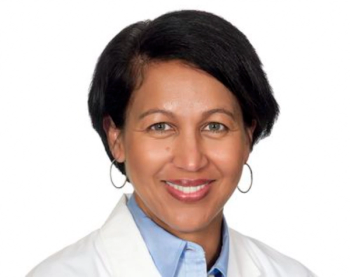
Providence names a division president, Tenet Healthcare announces a new chief financial officer, and other leaders take new roles.

In our special report, experts tell Chief Healthcare Executive that health systems should avoid paying if possible and focus on improving their defenses.

Federal authorities say organizations shouldn’t give into ransom demands. But even cybersecurity experts say the answers aren’t always easy.
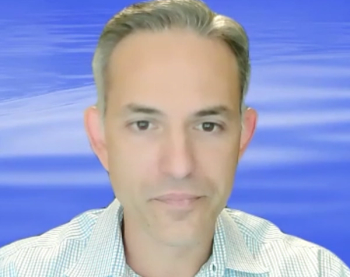
Hundreds of hospitals and healthcare organizations have suffered cyberattacks. Cagle stresses the importance of the engagement of top leaders and understanding vulnerabilities.

The companies said this week that the DAX Express solution is going to be available to the Epic community.
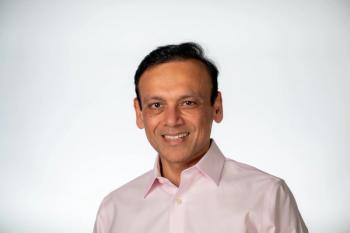
In our latest episode, the president of the healthcare technology company talks about the need to embrace technology so hospitals can survive.
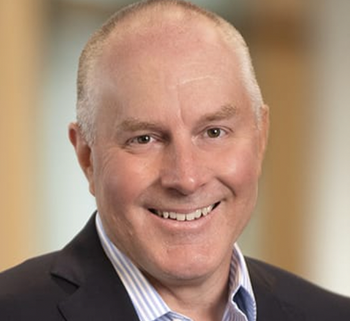
The partnership between the Cleveland Clinic and Amwell is enjoying robust growth. Peter Rasmussen, the chief clinical officer, talks about the venture’s success and what’s coming next.

St. Margaret’s Health in Spring Valley shut down Friday night. Local officials say the closure will have a profound impact.

Organizations focus on training employees against social engineering attacks. But they risk leaving themselves open to attacks that exploit network software vulnerabilities.

Researchers examined how ChatGPT responds to public health questions.

The AI-powered technology is making life easier for patients’ families and reducing headaches for a health system serving young patients with complex needs.

More than 30 health systems have all agreed to join a nationwide framework for sharing health information. Epic’s Matt Doyle talks about why it’s a big step toward making interoperability a reality.

A recent survey suggests consumers are more interested in getting payment notices digitally. Some hospitals are offering more digital payment options, but many are not.
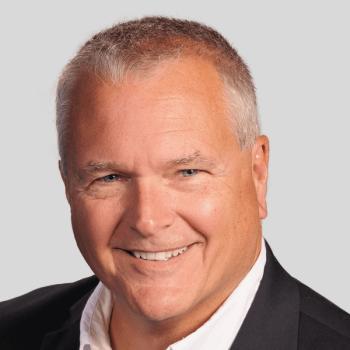
The time is now for providers to try new technologies that in the past have been solved by adding more people to the problem. The dilemma now is that we don’t have more people.

Vivek Murthy issued an advisory warning of the ‘profound risk’ to the mental health of children and teens, and several leading medical organizations share those concerns.
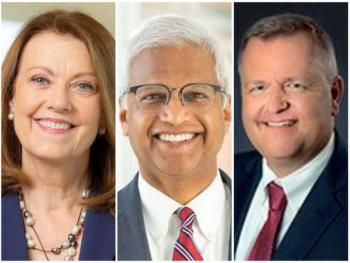
The leaders of Dartmouth Health, MaineHealth and the University of Vermont Health Network outline the perilous road for rural health systems.
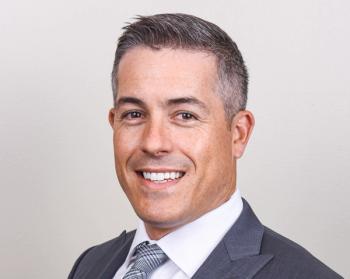
His new startup aims to make it easier for healthcare organizations to recruit the pros they need. He talked with Chief Healthcare Executive about the company and the changing role of IT.
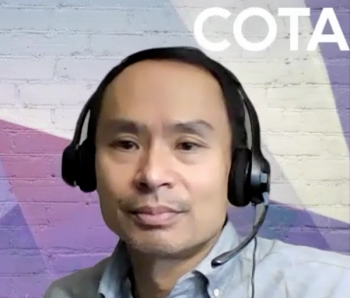
C.K. Wang of COTA talks about the disparities in outcomes for the sexual and gender diverse population. He talks about the need for more information and improved training for clinicians.

Health systems and advocacy groups say the low supplies are leading to delays in treatments and are endangering patients.

The organization, formed by some of America’s top health systems, is providing more insights on the social determinants of health. Charlotte Baker of Truveta talks about how data can close disparities.

The company has been notifying those affected. PharMerica says it isn’t aware of any identity theft or fraud.
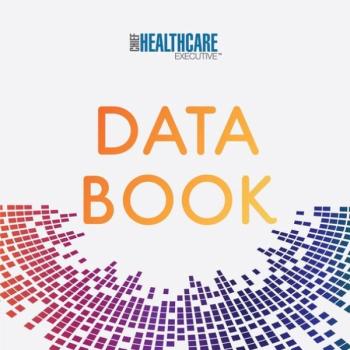
She talks about the opportunities to meet the needs of patients who don't have easy access to mental health services and what must be done to expand telehealth.